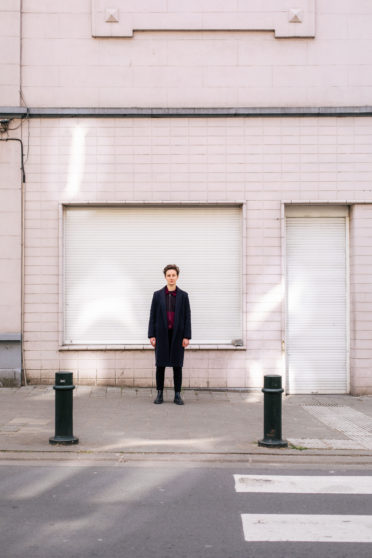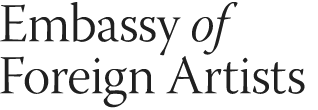FRANCELLE CANE
ART & TERRITORY
*1993, Valence, France. Lives and works between Brussels and Luxembourg
Architect and an exhibition curator.
Residency Period: July to September 2021
Granted by the Republic and Canton of Geneva
Francelle Cane‘s practice can be summed up mainly as a transversal and multidisciplinary research activity engaged with the issue of ruin. She advocates a critical approach around research axes such as late capitalism, climate change or man-altered landscapes.
Statement
To consider the architect as the modest interpreter of an existing cultural and physical aggregate is a conception of the profession which animates her greatly. The Praille Acacias Vernets (PAV) project therefore represents an opportunity for a case study: being the subject of urban redevelopment, this area indeed raises the question of heritage. Considering the tabula rasa as a non-option, the project is about developing a method of “doing with” the existing, in turn creating the foundation for a philosophy project and connected protocols.
Part of her case study will precisely focus on the “void” – the unbuilt space and the infrastructural, characterized by roads and other parking lots within the PAV site. Considering emptiness as an open structure is the key to her reflection, and constitutes a paradigm for this fragment of territory.
Considering the parking lot as a figure, an object of complexity and contradiction that is simultaneously a place and a limit, presents an opportunity to represent an urban condition that is more informal, reversible or even dispersed. Moreover, this figure makes it possible to engage with project protocols that not only focus on achieving “finite” and immutable versions but rather on incomplete systems, resulting from the diffuse and “weak” conditions of the 21st century. This study will involve communicating with a network of diverse cultural and scientific actors in order to establish a transversal dialogue, questioning social practices referring to conditions such as building, living or mapping in order to articulate a new common local and shared story.

Year : 2021, Art and territory

